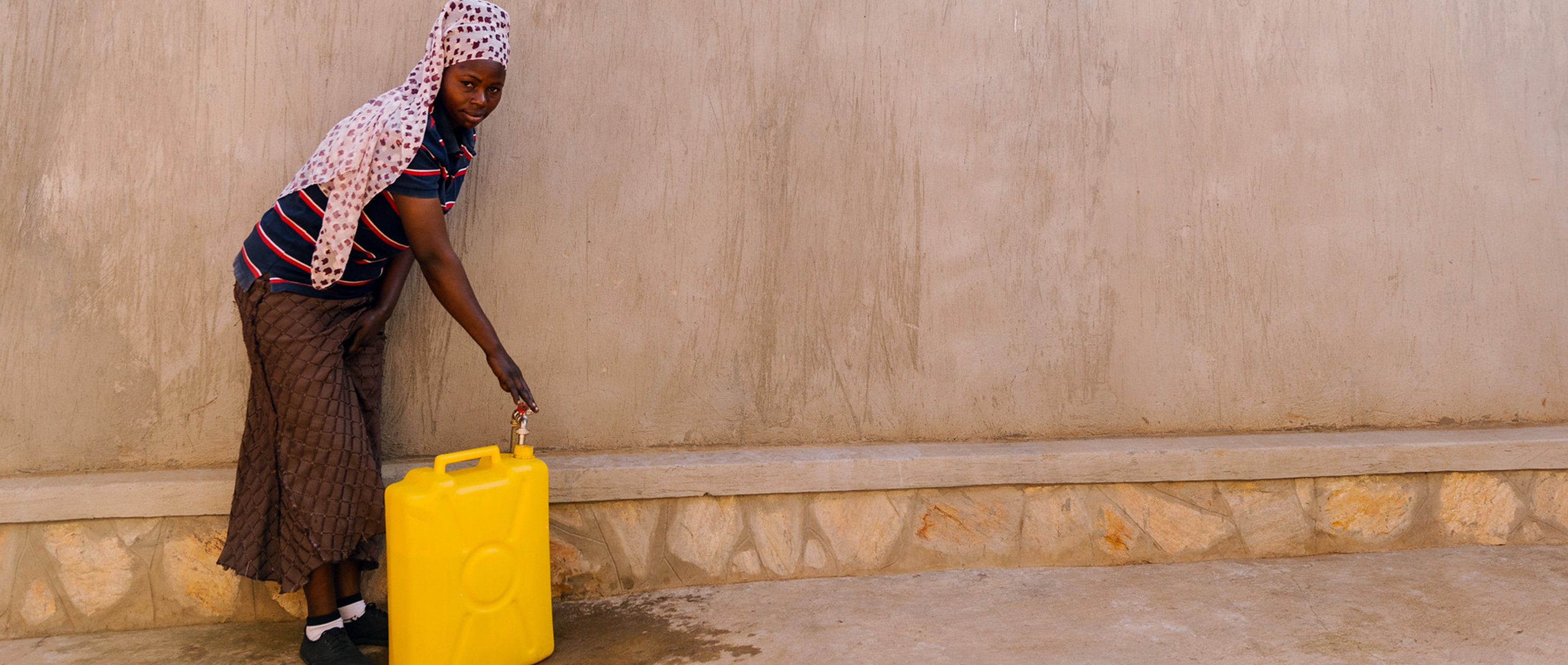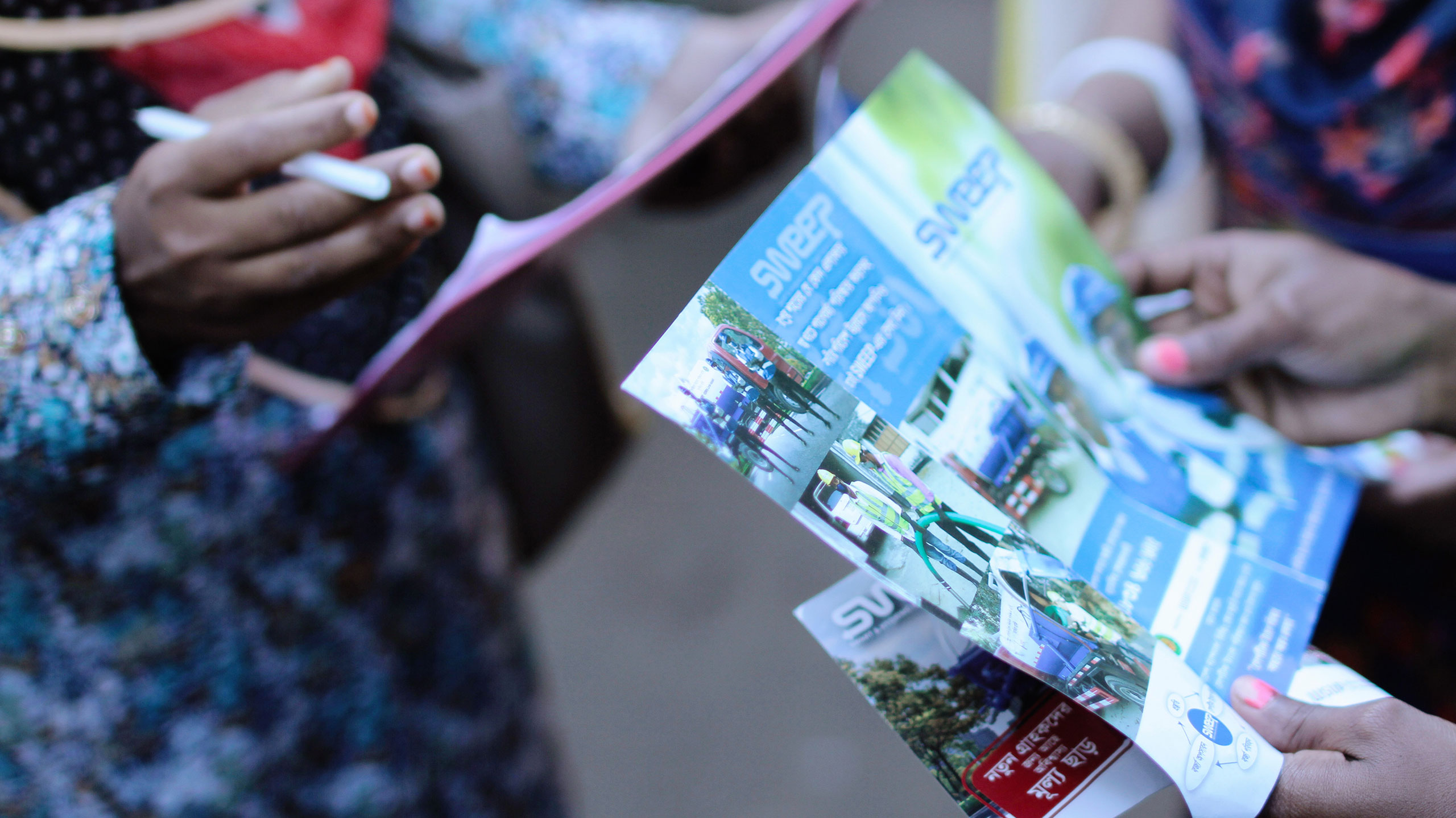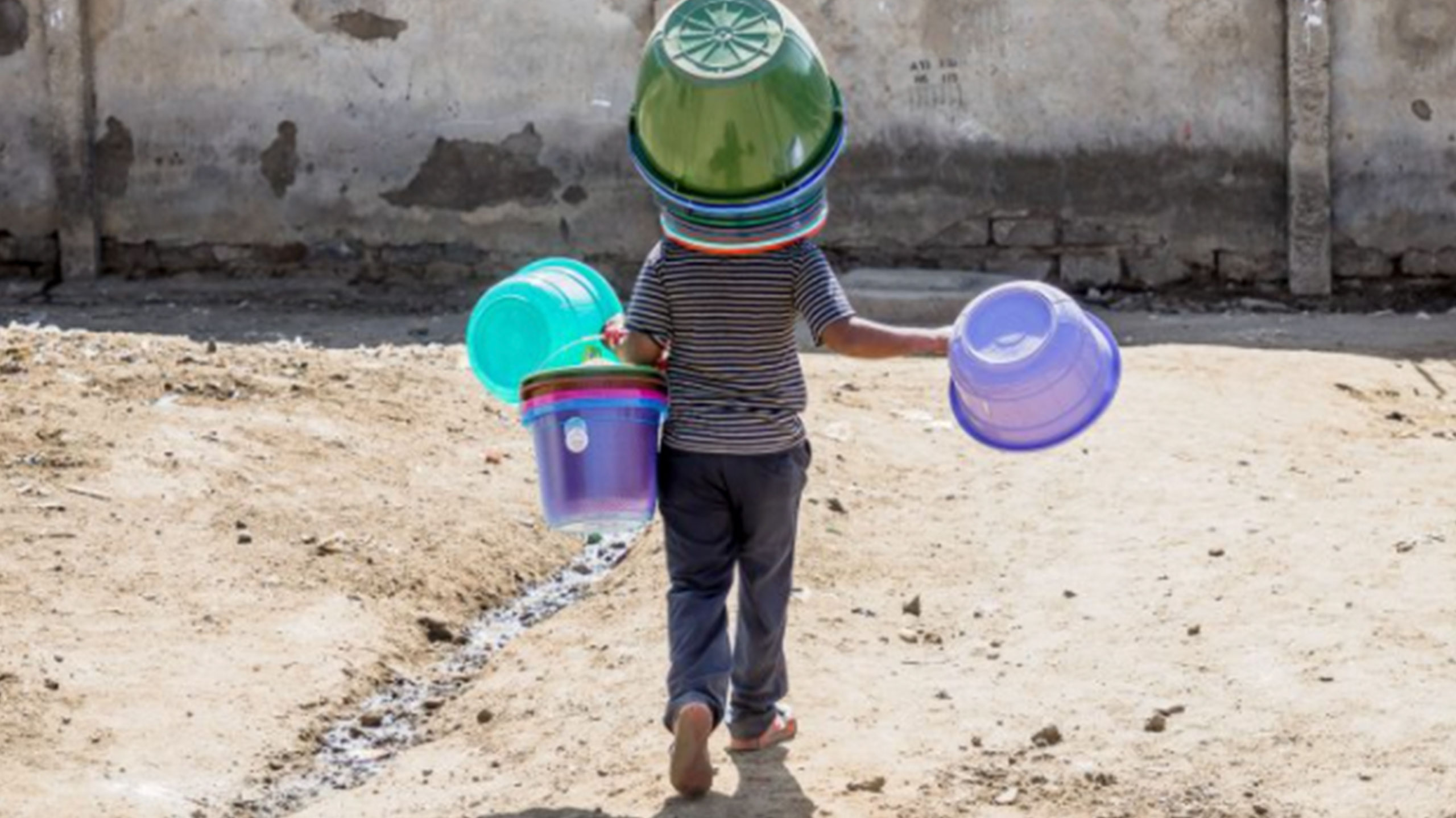Tapping Small Loans for Toilets and Safe Water Unleashes Women’s Potential
Women who lack access to life’s basics know exactly what they need. And they’re getting it.
As different as everyone’s life may be, there are a few basic human functions that we all share. Like staying hydrated and going to the bathroom. As un-glamorous as these acts might be, safe drinking water and a private bathroom are universal needs and, therefore, are universal rights.
But it’s not surprising to hear that these universal rights don’t extend equally to everyone – or that women must often work harder to be granted these rights. One in nine people globally lack access safe water, and one in three people around the world have to go to the bathroom, as it were, without a bathroom. A large portion of these millions are female.
The reality
If you have always lived with a sink and a toilet in your house, it may not be easy to imagine what this level of inequality is like, but it is something like this: your toilet is permanently out of order, your sink is in another neighborhood 3.7 miles away and you don’t have a car. This is the average distance a woman or girl living in Africa or Asia will walk today to collect water.
Whenever water must be collected from far away, it’s generally a job for women and girls. Even if it takes hours out of every day, we need water for drinking, cooking, bathing, washing, and all sorts of other daily activities. Women and girls who have no household tap often spend more than 30 minutes each time they go to collect water, a job they may do multiple times a day. This is time spent away from their families, their schools and their workplace.
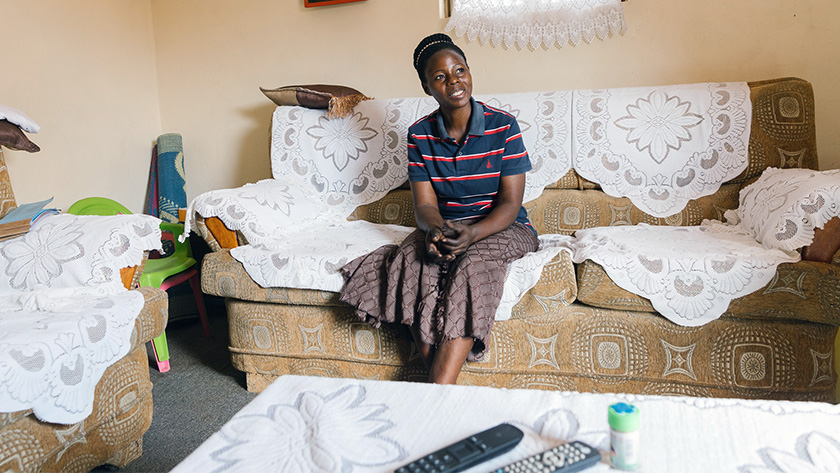
Any dreams they have for the future are put on hold while they collect this necessity. Even using the bathroom poses a greater challenge to women – they often must find a secluded spot, usually in fields, to relieve themselves. Because of the indignity women feel using the bathroom in the open, they often wait until the sun sets to relieve themselves, forcing them to seek out a place in the dark. Some women try to limit their eating and drinking to avoid having to frequently find a place to go.
The impact
“To make dreams come true, you‘ve got to have time. And that’s something millions of women around the world don’t have,” as the actor Matt Damon, puts it.
Wait – why is Matt Damon talking about the global water and sanitation crisis? We’ll get back to that in a minute.
First, let’s meet some women who felt the real impacts of life without access to a toilet or safe water.
Rose lives in Uganda and dropped out of school in the sixth grade to become her family’s water carrier. She then married young and had a daughter and son. But she soon became a single mother, and the cycle of work continued: she found herself walking long distances every day for water, bringing her kids along.
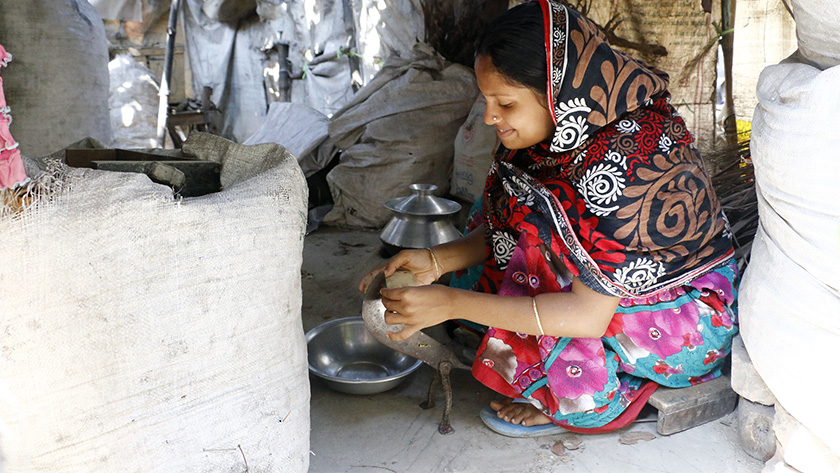
Meanwhile in Bangladesh, Mitu is 23 years old and works in the garment industry. Mitu and her sister had to walk day and night to an outdoor toilet, and 20 minutes to the nearest public water tap, enduring harassment from local men along the way. In 2015, Mitu’s sister was sexually accosted while walking to the toilet, which led her sister’s fiancé to call off their wedding.
Rose and Mitu can attest that the water and sanitation crisis is a women’s crisis. Women and girls take on more than their share of responsibilities, together spending 200 million hours every day collecting water and 266 million hours every day finding a place to go to the bathroom. Along the way they risk their safety, and without clean facilities, they risk illness.
Water and sanitation empowerment is also women’s empowerment, and Rose and Mitu know what they need and how to get it.
Rose took out a small loan to install a tap for her household. This saves her hours of walking every day and gives her daughter an opportunity to do more than collect water. Both her daughter and son are thriving in school.
Mitu also used a microloan to install a well for her family. With clean water at home they are saving time and have improved health. Next, Mitu plans to take out another small loan to build a bathroom attached to the house.
A transformative loan
These kinds of solutions are not expensive for those who can afford them. But millions of people end up wasting much more time and money, over the years, simply because they can’t afford a one-time cost to install a faucet or toilet. And this isn’t a traditional area for banks to lend money to poor households because the payoff isn’t all that obvious.
It isn’t, but it should be, according to Matt Damon. Ten years ago, he teamed up with water expert Gary White and founded an organization called Water.org. Water.org works with finance providers to make small, affordable loans to families living in poverty for the water and sanitation solutions they know they need. The average loan is $368.
With Water.org, Gary and Matt have reached more than 21 million people (close to three times the population of New York City!) using small loans. Almost every loan has been repaid, as the taps and toilets rapidly prove their value. And while the program was never designed specifically for women, they make up 87 percent of the borrowers who are using it to transform their lives.
The people living the water crisis every day can be participants in their own solutions, if given the opportunity. And with access to small, affordable loans for water and sanitation, that is possible.
Want more stories of large-scale change on the world’s most pressing problems? Sign up for Skoll Foundation’s monthly newsletter.
